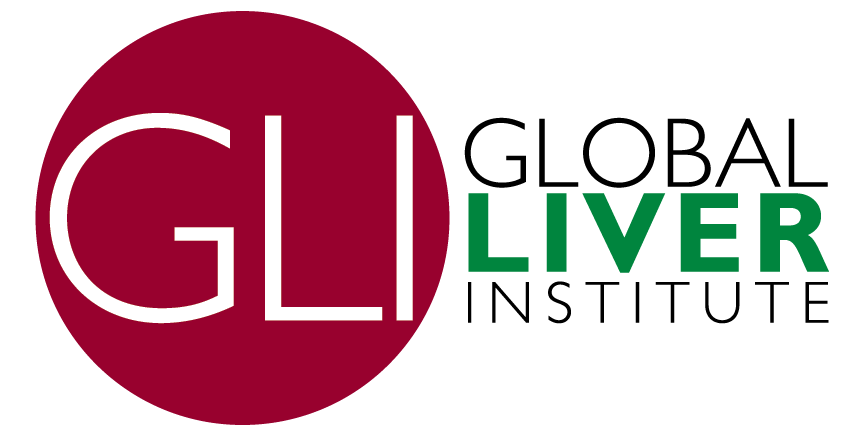
Dr Fonkoua on the Effects of the Platinum Chemotherapy Shortage on Disparities in Cancer Care

Lionel A. Kankeu Fonkoua, MD, discusses how the platinum chemotherapy shortage in the United States may exacerbate disparities in cancer care and the importance of conducting research to investigate the potential implications of this shortage on patients in underserved communities.
Lionel A. Kankeu Fonkoua, MD, medical oncologist, Department of Medical Oncology, Mayo Clinic, discusses how the platinum chemotherapy shortage in the United States may exacerbate disparities in cancer care and the importance of conducting research to investigate the potential implications of this shortage on patients in underserved communities.
In June 2023,
This platinum chemotherapy shortage appears to be most prevalent in community oncology settings, however, data are needed to confirm these anecdotal, real-world experiences and indicate the reasons for this disparity between community and academic centers, Fonkoua says. Since academic centers tend to have larger supplies of cisplatin and carboplatin than community centers, many community sites were among the first cancer centers in the United States to run out of these agents, Fonkoua explains, citing conversations he has had with colleagues and patients.
As a consequence of this shortage, several patients from underserved and/or rural communities who were previously treated at community centers have needed to travel longer distances or relocate to be closer to their nearest academic centers, according to Fonkoua. Some patients have even needed to switch oncologists to continue their platinum chemotherapy treatment without interruptions, he adds. Data regarding this issue may be collected and reported in the coming months or years. The information collected could reveal that this shortage has increased existing disparities and negatively affected patients, particularly those in minority populations who already disproportionately experience inequities in access to cancer care, Fonkoua concludes.



































